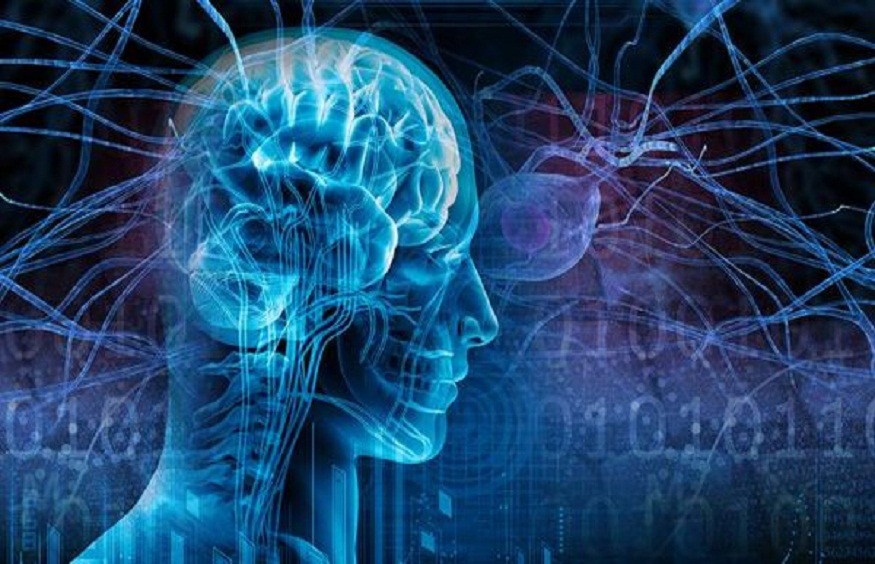Neuromuscular diseases can be challenging and complex. Neurologists play a key role in their treatment. They diagnose and manage conditions that affect muscles and nerves. Their work covers a wide range of disorders. Some involve muscle weakness, while others impact movement. In some cases, surgical options are considered. An example is peripheral nerve surgery Marina del Ray. This type of procedure helps patients regain function and improve quality of life. Effective treatment starts with understanding and expertise from skilled professionals.
Understanding Neuromuscular Diseases
Neuromuscular diseases affect the nerves controlling voluntary muscles. These conditions can lead to muscle weakness and fatigue. Some common neuromuscular diseases include muscular dystrophy, amyotrophic lateral sclerosis (ALS), and myasthenia gravis. Each condition has unique symptoms and treatments.
Neurologists are crucial in identifying these disorders early. Diagnosis often involves a combination of clinical examination, family history, and specialized tests. Early detection is vital for effective intervention. This can slow disease progression and improve life quality.
Role of Neurologists
Neurologists bring a wealth of knowledge to the treatment of neuromuscular diseases. They offer personalized care plans that address individual needs. Their role includes:
- Conducting thorough evaluations and tests
- Providing medication management
- Coordinating with physical and occupational therapists
These experts ensure that patients receive comprehensive care. They work closely with a multidisciplinary team. This team approach ensures all aspects of a patient’s health are addressed.
Treatment Options
Treatment for neuromuscular diseases varies based on the specific condition. Some common treatments include medication, physical therapy, and surgery. The goal is to manage symptoms and enhance life quality.
| Treatment | Purpose | Examples |
| Medication | Reduce symptoms and slow disease | Riluzole for ALS |
| Physical Therapy | Improve strength and flexibility | Custom exercise programs |
| Surgery | Restore function | Peripheral nerve surgery |
Innovations in Treatment
Recent advances in medical research have opened new avenues for treatment. Gene therapy and stem cell therapy show promise for some neuromuscular diseases. These approaches aim to repair or replace damaged cells.
Exciting research is ongoing. Organizations like the National Institute of Child Health and Human Development provide updates on these developments. Such innovations offer hope for better management and potential cures.
Living with Neuromuscular Diseases
Living with a neuromuscular disease requires adapting to new challenges. Support from healthcare providers, family, and community is essential. Many find comfort in joining support groups. These groups offer connections with others who understand their journey.
Neurologists and healthcare teams provide valuable resources and guidance. They assist in making informed decisions about care and lifestyle adjustments. By working together, patients can achieve a better quality of life and manage their conditions effectively.
Conclusion
Neurologists provide essential care for those with neuromuscular diseases. Their expertise in diagnosis and treatment is invaluable. With continuous research and new treatment options, there is hope for improved management of these complex conditions. Patients benefit most from a comprehensive approach that addresses all aspects of their health. As we advance in understanding these diseases, the future looks brighter for those affected.

